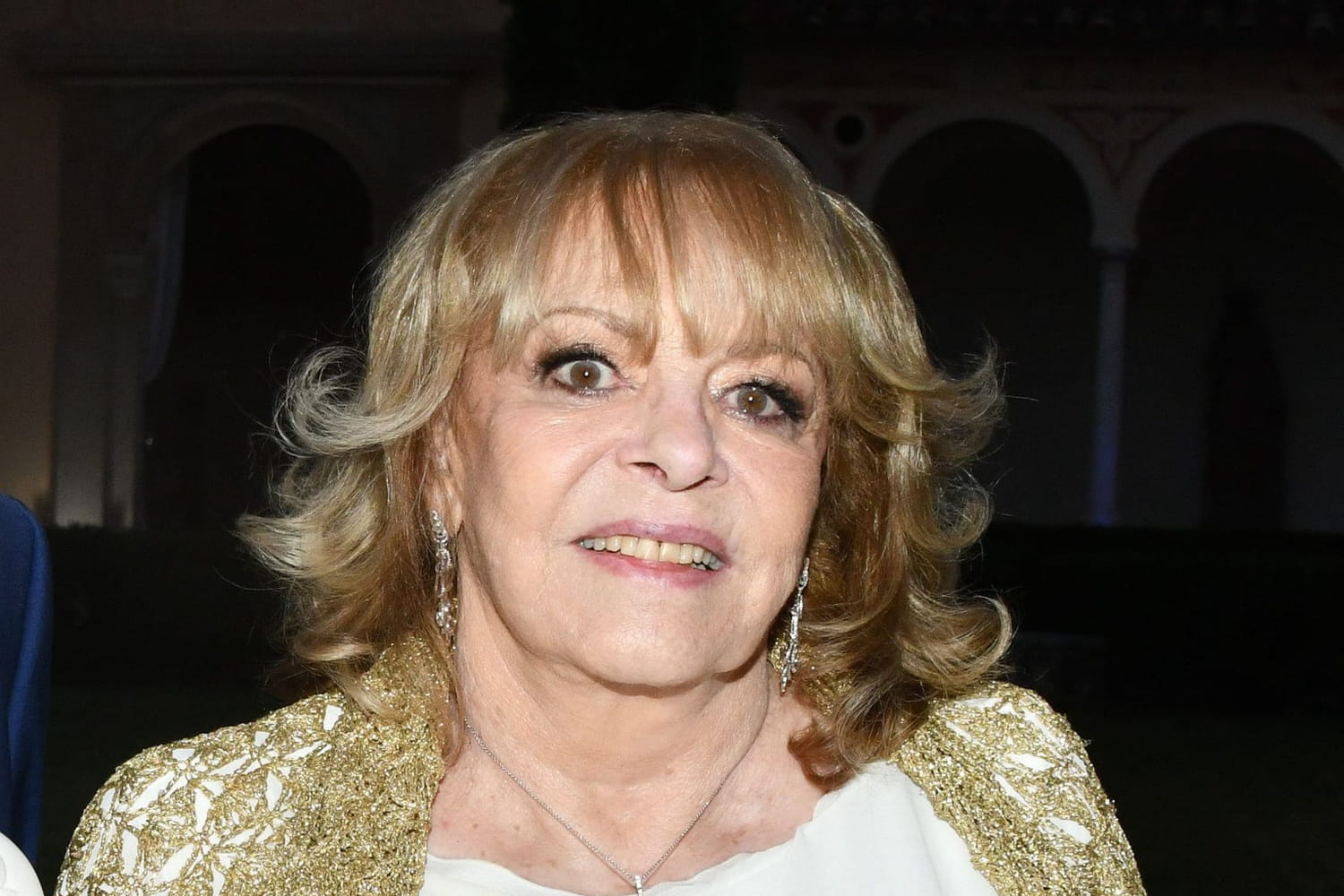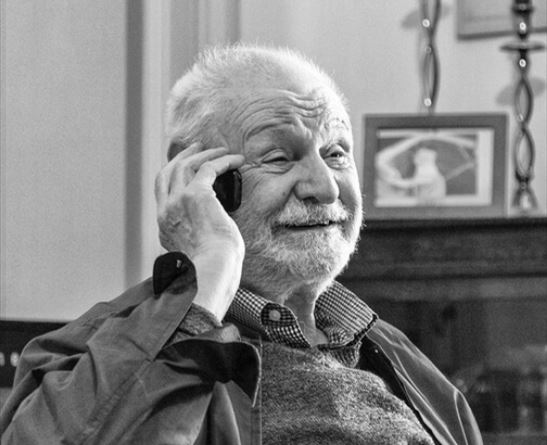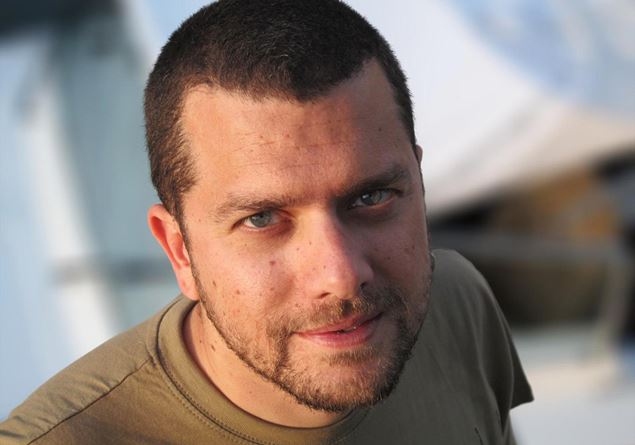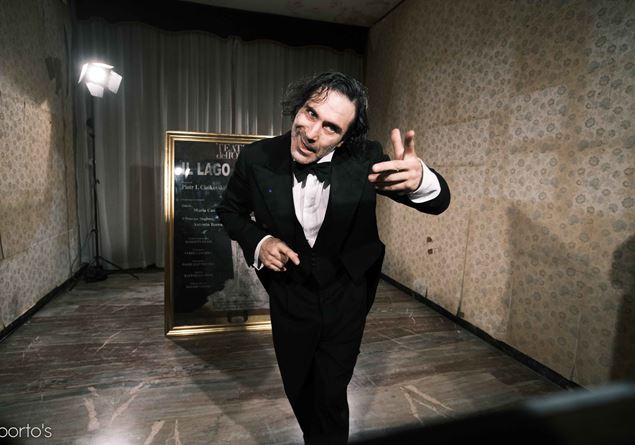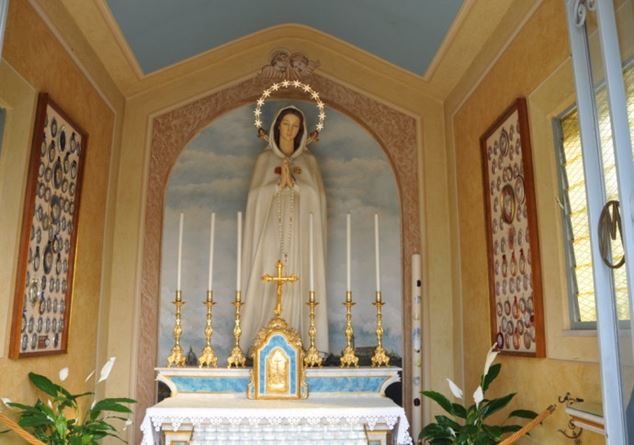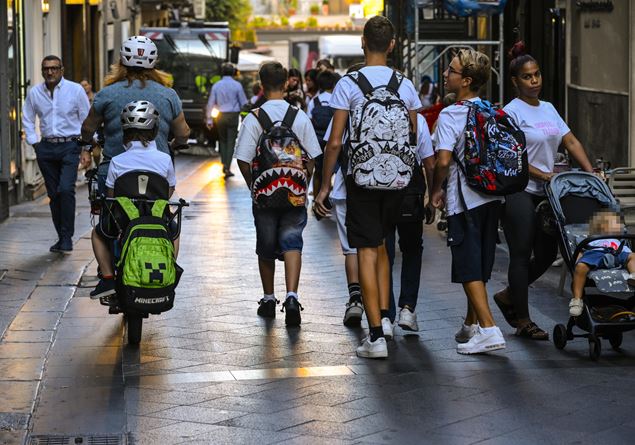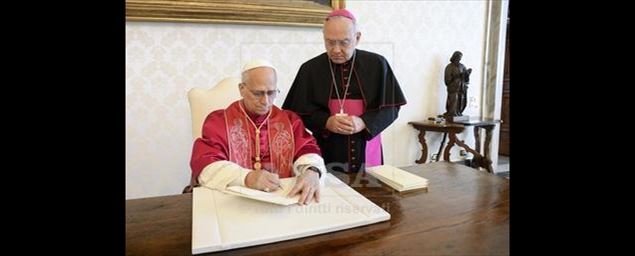With the disappearance of Goffredo Fofi, who died in Rome on 11 July 2025 at the age of 88 (following the complications of a fall that had cost him the breakdown of the femur), perhaps we lose the last of the twentieth -century intellectuals, those men of culture, that is, that from the Second World War on then they had made the fulcrum of their work militant. A commitment often placed on the left, in the Marxist àmbit, but who in the case of Fofi had been able to dialogue fertiliously with the most open sectors in the Catholic world. Of character sometimes gruff and angular, but always Franco and direct, Fofi represented a close critical conscience of our present.
Born in Gubbio (Perugia) in 1937, Goffredo Fofi was a film and literary critical. His path begins in the 1950s and 1960s in the pedagogical and social field. He collaborates with Danilo Dolci’s experience in Sicily and deals with the phenomenon of internal immigration, publishing in 1964 (from Feltrinelli, after Einaudi’s refusal) a pioneering study: Southern immigration to Turin. He is close to Aldo Capitini and his positions in favor of peace and non -violence.
After being born, with Piergiorgio Bellocchio and Grazia Cherchi, i Piacenza notebooks (the magazine of the dissident left), in 1983 Fofi opened the bimonthly, then monthly in Milan, Shadow And in 1997 he founded and directs the monthly of art, culture and society The foreigner.
Fofi’s interest in cinema was born, as well as from a personal passion, from the belief that through the seventh art we can understand and study society: hence his attention to some iconic faces of Italian cinema, such as Totò and Alberto Sordi, who with the masks they interpreted have focused vices, defects and weaknesses of our national character.
Fofi wrote in 2004 in the volume Alberto Sordi. Italy in black and white (Mondadori):
“You can hate” the character deed “for what has highlighted everyone, or, and perhaps saying this we delude ourselves, almost everyone. You can love it, for the same reasons. You can’t study it, and I certainly can’t, as if it didn’t call us into question. As if it did not force us today, at a distance, and more strongly and immediately yesterday and Ier the other, to formulate a judgment on our cinema, on our history and, as for some years has resumed to say and study after decades of silence, on the “character of the Italians”. On deaf, also, but this is easy to do it; On the specific qualities of the actor, and this is also not difficult. It is “beyond” and “around” that stimulate us, cause, worry. It is Italy ».
Even in the literature Fofi has seen an extraordinary resource to investigate faces and places of our national experience. In an essay of 2020, entitled The hundred cities. The contribution of the regions to the history of our literature from unity to today (Edizioni e/o), Fofi focused attention on Rome and Milan, noting how these two centers were often told by “immigrants”: for example, the Friulian Pier Paolo Pasolini and the Tuscan Aldo Palazzeschi for Rome, the Sicilian Elio Vittorini and the Tuscan Luciano Bianciardi for Milan. And as regards the present, the author supported the thesis of a greater vitality of the Province compared to the Center:
“It has been witnessed in recent years and still witnessed a double process: of approval, proposed and imposed by the center (which is not only Rome or Milan: it is Brussels and is Wall Street) and resistance and movement in the suburbs”.
Resistence It was a keyword of his vocabulary: not only the historical resistance (that of Nazi -fascism), the founding moment of democratic and republican Italy, but, in a broader sense, the need to preserve our humanity and its most authentic values against all those systems of power that risk deprived us of our freedom.


